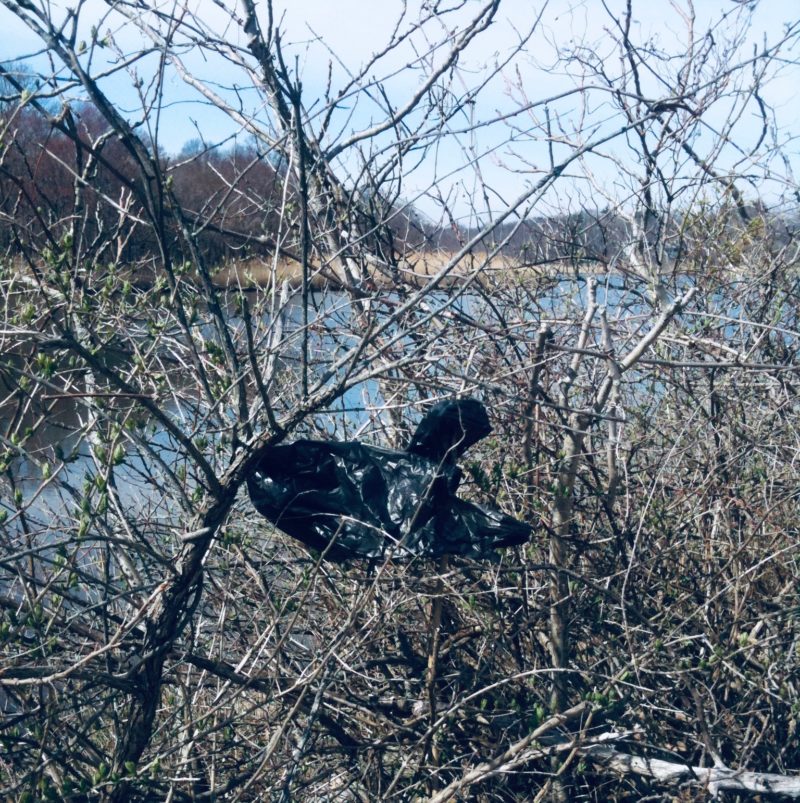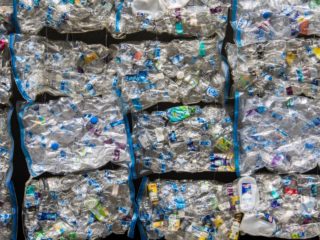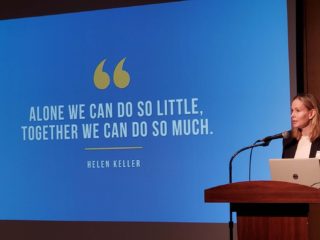Oddly enough, banning plastic bags is on my mind these days. In a few weeks, New York will join a handful of other states to ban these single-use plastic menaces. With the plastic ban just around the corner, chatter has intensified about plastic bags, plastic pollution, and single-use disposables.
This past weekend a neighboring town hosted a screening of Bag It, a game-changing documentary about the proliferation of plastic bag pollution. After the film, I participated on a panel of speakers, and the question inevitably arose about whether banning plastic bags is the best solution to the plastic pollution crisis. It’s a question worth asking and one that deserves a thoughtful answer, since there’s good and bad news to report.
Some Good News About Banning Plastic Bags
I’m well acquainted with plastic bag bans. In 2011, I spearheaded a plastic bag ban in my community. The resulting Reusable Bag Law was the culmination of a nearly year-long effort by a small group of energetic volunteers to educate our community, raise awareness, and advocate for legislation.
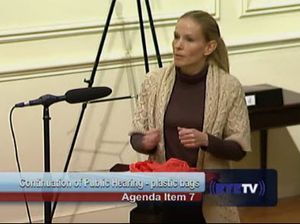
At the time, Rye’s law was considered a strange beast. It was the first of its kind in Westchester County, NY, and the third in the state. Since then, hundreds of plastic bag laws have popped up across the nation — in towns, cities, and, now, eight states. Over 60 countries, including China, have instituted some type of plastic bag legislation.
This bag ban contagion validates the efficacy of institutionalized plastic bag restrictions in targeting source reduction. California, for example, witnessed an impressive 70% reduction in plastic litter just one year after it passed its statewide ban. And contrary to the prophecy of economic doom by bag ban opponents, these communities have not experienced financial hardship from plastic bag legislation.
In fact, many communities, noting the effectiveness of plastic bag bans, have layered on even greater restrictions to target other single-use items, including plastic straws, polystyrene, and paper bags. An added benefit to the reduction in litter has been an increased consumer awareness of plastic pollution, prompting behavioral change.
So the good news is that banning plastic bags is effective in targeting source reduction, curbing plastic pollution, and helping change consumer behavior.
The Bad News: Money and Influence
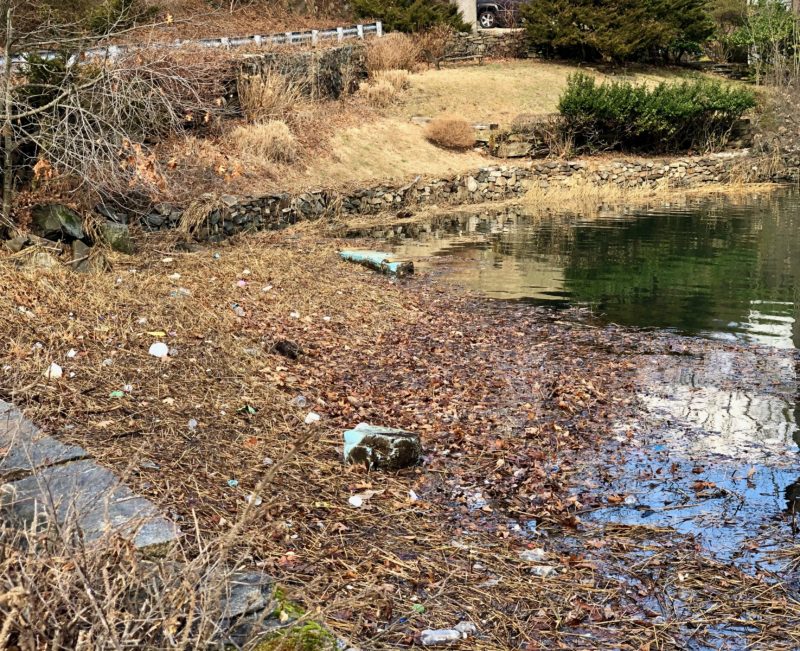
Let’s face it. We’re up against a monolithic force with deep pockets and considerable political influence. The many tentacles of the plastic bag industry touch us in ways of which we’re completely unaware.
Take, for instance, the American Progressive Bag Alliance. APBA currently has around 25,000 employees actively working in 40 states to derail bans and plastic bag restrictions. To date, these industry trade groups and their lobbying arms have supported hundreds of bills, including the successful passage in 14 states of preemption laws that deprive a municipality of the right to institute its own laws.
Even the impending NY state plastic bag law, while a step in the right direction, preempts some robust local laws, including Rye’s. My fear is that we’ll settle for these laws that are a form of green-washed back-patting for a job well done, yet, in practice, are ineffective.
Then there’s recycling. Thwarting any attempts for systemic and institutional change, the industry also promotes recycling and litter campaigns that blame the consumer for plastic pollution and justifies continued plastic production (which is booming). While rigorous recycling and litter programs have their place, they can’t begin to make a dent in combating the plastic pollution crisis.
So What Can We Do?
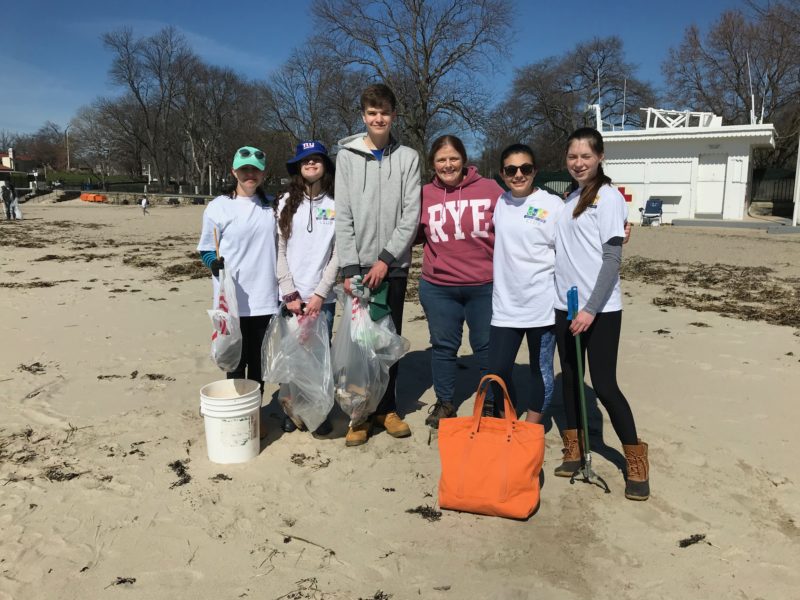
Yes, the bad news is pretty bad. And it raises the question of the efficacy of bag bans that don’t have the necessary teeth to curb pollution and change consumer habits.
What can you do?
First, it’s important to understand that, while effective, plastic bag bans are just one tool at our disposal for reducing plastic pollution and changing behavior. So don’t despair if legislative action isn’t feasible where you live. Instead, focus on raising awareness about plastic pollution in order to change behavior. I offer several ways, small and large, to do your part.
Keep in mind that one of the strongest weapons against these industry lobbying efforts is a community culture that’s armed with environmental and sustainable values. I’ve witnessed my town’s transformation into one that takes pride in being “green” and vigorously defends its eco-culture, but you can start in your home with your family. Or try your neighborhood.
We have more work to do, but motivate yourself with the knowledge that each one of our individual actions add up to a powerful force for change.

